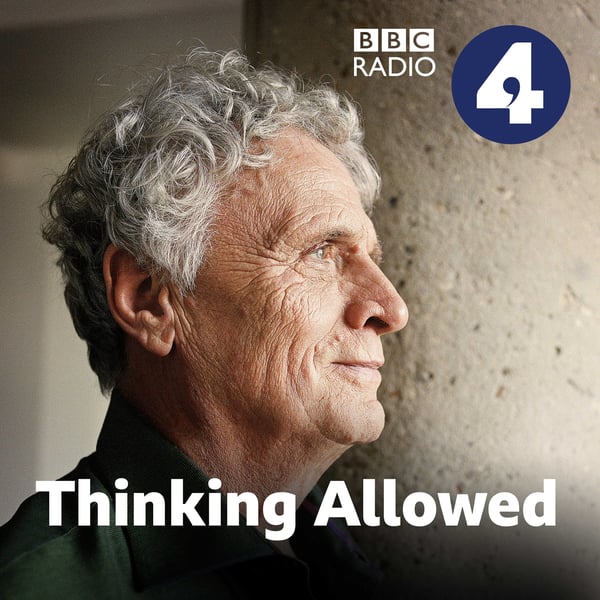Summary
Opioids in the US and UK; Laurie Taylor explores the changing nature of opioid use, from street heroin to synthetic prescription drugs. Helena Hansen Professor of Psychiatry and Anthropology at the University of California, Los Angeles, reveals the surprisingly white “new face” of the US opioid crisis. Although Black Americans are no more likely than whites to use illicit drugs, they are much more likely to be incarcerated for drug offenses. Meanwhile, a very different system for responding to the drug use of whites has emerged. White opioids – the synthetic opiates such as OxyContin - came to be at heart of epidemic prescription medication abuse among white, suburban and rural Americans. Why was the crisis so white? How did a century of structural racism in drug policy lead, counter intuitively, to mass white overdose deaths?
Also, Alex Stevens, Professor of Criminal Justice at the University of Kent, provides a UK perspective, charting the rise of synthetic opioids which are much more potent than heroin. Heroin related deaths are concentrated in people over 40, who live in deindustrialised areas and are nine times higher in the most deprived decile of neighbourhoods in England. He argues that their increasing presence in the drug supply could dramatically increases the number of deaths as has been seen in the USA.
Producer: Jayne Egerton
Transcript
Click on a timestamp to play from that location
| 0:00.0 | You're about to listen to a BBC podcast and maybe it's when I had a hand in. |
| 0:04.0 | I'm Tammy Walker and I produce podcasts for the BBC. |
| 0:08.0 | My role is to give new and diverse creators a voice with the opportunity to build a career. |
| 0:12.0 | That's the thing I love about podcasts. |
| 0:14.4 | You start with just a good idea, but then you have the space to see where it goes. |
| 0:18.4 | And doing that at the BBC means we can really run with the best stories |
| 0:21.9 | while developing the most unique audio talent. |
| 0:24.8 | So if you like what you hear, why not check out the huge range of podcast we've got on BBC Sounds. |
| 0:31.6 | BBC Sounds, music radio podcasts. |
| 0:35.0 | This is a Thinking Loud Podcasts from the BBC and for more details and much, much more about thinking aloud, |
| 0:42.0 | go to our website at BBC.co. UK. |
| 0:46.5 | Hello, now on the face of it we should all be grateful for the arrival of opioids, for drugs based on the opium plant which can be manufactured in the laboratory |
| 0:56.8 | and which can very effectively block pain signals. Now these are drugs which are |
| 1:02.1 | well which are usually safe when taken for a short time |
| 1:04.9 | but and it's a big but can become highly addictive and it's a nature extend an impact |
| 1:10.8 | of that addiction which will concern us in this program. |
| 1:14.3 | Some facts. In England between 1998 and 2016 opioid prescriptions increased by 34 percent and between 2008 and 2018 opioid-related hospitalizations |
| 1:28.1 | rose by nearly 50%. But elsewhere opioid use has escalated into one of the worst public health |
| 1:36.4 | disasters of the past two decades. Nearly 600,000 people have died from |
| 1:42.1 | opioid overdoses in the USA and Canada. |
| 1:45.0 | Well in this program I'm going to be talking to one of the authors of a book which asks a critical |
| 1:50.4 | question about the precise nature of this American opioid crisis. |
... |
Please login to see the full transcript.
Disclaimer: The podcast and artwork embedded on this page are from BBC, and are the property of its owner and not affiliated with or endorsed by Tapesearch.
Generated transcripts are the property of BBC and are distributed freely under the Fair Use doctrine. Transcripts generated by Tapesearch are not guaranteed to be accurate.
Copyright © Tapesearch 2025.

